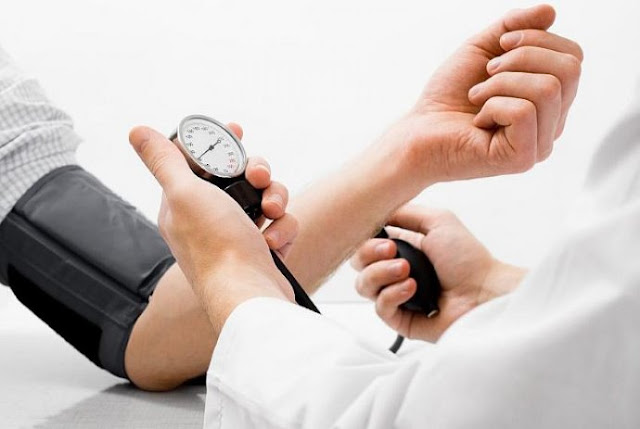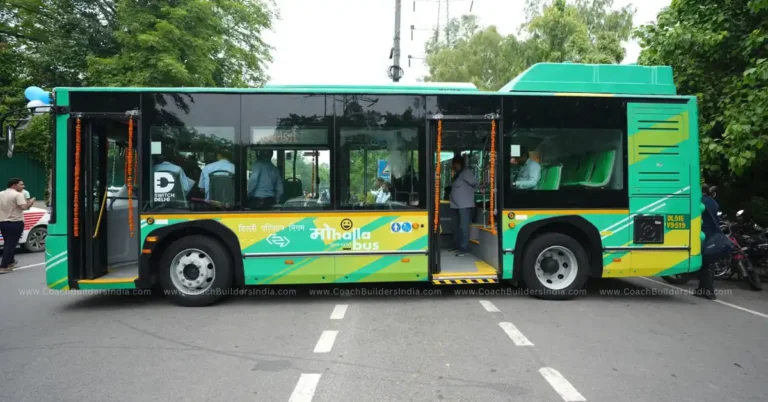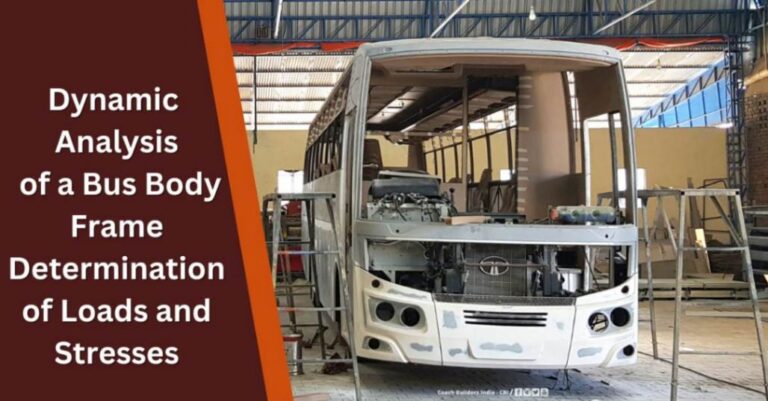Bus Drivers Have More Risk of Hypertension & Cardiovascular Diseases

Summary
- A study revealed the health risks faced by interstate bus drivers in India.
- Contributing factors include incorrect diet, sedentary behavior, etc.
- The study found that bus drivers are at an increased risk of cardiovascular diseases
- Occupational hazards like traffic congestion, and exposure to vehicle exhausts further further contribute to the health risks.
Interstate bus drivers play a crucial role in transportation, ensuring the smooth movement of passengers across regions.
However, their occupation exposes them to various health risks, including cardiovascular diseases and hypertension.
A recent study has revealed that bus drivers in India face an increased risk of cardiovascular diseases.
The study, conducted by the Government Medical College, Kozhikode, highlights the need for regular health screenings, education on healthy lifestyle choices, and government intervention to ensure the well-being of bus drivers.
The study titled “Prevalence and Risk Factors of Hypertension among Male Occupational Bus Drivers in North Kerala, South India: A Cross-Sectional Study” was published by:
- Dr. Arjun Lakshman, Govt. Medical College, Kozhikode
- Dr. Neeraj Manikath, Department of Internal Medicine, Medical College, Kozhikode
- Dr. Asma Rahim, Department of Community Medicine, Medical College, Kozhikode
- Dr. V P Anilakumari, Department of Nuclear Medicine, Medical College, Kozhikode
Methodology
The study was conducted by the Government Medical College, Kozhikode, through cross-sectional surveys conducted at busy bus depots in South India.
The sample size consisted of 88-100 interstate bus drivers who were assessed for hypertension and other cardiovascular risk factors.
Data on medical history, lifestyle, and occupation were collected through personal interviews using a pretested semi-structured questionnaire.
Blood pressure measurements were taken using a mercury column sphygmomanometer, and body mass index (BMI) was calculated based on height and weight measurements.
Drivers who indulged in rigorous physical exercise, smoking, tobacco chewing, or drinking tea or coffee within thirty minutes before BP measurement were excluded.
Cross-Sectional Studies

Cross-sectional studies conducted in busy bus depots across South India provided insights into the prevalence of hypertension among interstate bus drivers.
The studies highlighted the influence of factors such as age, family size, and duration of employment on the risk of developing hypertension.
Drivers with longer durations of employment exhibited a higher prevalence of hypertension, indicating a potential correlation between occupational tenure and cardiovascular health.
Results of the Study
The study revealed the following key findings:
- The mean age of the interstate bus drivers was 36.52 years, with a mean duration of employment of 14.6 years.
- More than 40% of the drivers were found to be hypertensive, with exceptionally high blood pressure levels before, during, and after shifts.
- Drivers working longer hours (>14 hours per day) had a higher prevalence of hypertension.
- Factors such as age (>35 years), supporting more than four family members, frequent consumption of restaurant meals, and longer duration of employment as bus drivers were strongly associated with cardiovascular diseases.
- Less than 14% of the drivers were aware of their hypertensive status, indicating poor awareness, treatment, and control of hypertension among interstate bus drivers in India.
The study reveals that interstate bus drivers are also at risk of developing coronary artery disease, stroke, and chronic kidney disease in the future, and it will result in a significant increase in mortality
and morbidity, further minimizing economic and social participation.
Reasons for Hypertension Risk of Cardiovascular Diseases in Bus Drivers
Drivers are unsung heroes; unfortunately, very few people understand what type of stress they take every day.
There are various reasons for their ill health – while some are self-induced, most of them are occupational hazards including the following:
- Traffic congestion
- Exposure to vehicle exhausts
- Constant whole-body vibration
- Poor condition of Indian roads
- Poor town planning and traffic regulation
- Overspeeding due to tight schedules
- Carelessness of pedestrians
These factors collectively contribute to the physical and mental strain experienced by bus drivers, exacerbating their susceptibility to health conditions.
Recommendations by the Authors
Given the significant health risks faced by interstate bus drivers, proactive measures are essential to safeguard their well-being.
Regular health screenings, education on healthy lifestyle practices, and government interventions are crucial in addressing the health concerns of bus drivers.
By prioritizing the health and safety of interstate bus drivers, stakeholders can contribute to creating a conducive work environment and ensuring the holistic well-being of these essential workers.
Conclusion

In conclusion, interstate bus drivers face inherent health risks due to the nature of their occupation.
The prevalence of cardiovascular risk factors, particularly hypertension, underscores the need for proactive measures to address the health concerns of bus drivers.
By implementing targeted interventions and fostering a supportive work environment, stakeholders can promote the health and well-being of interstate bus drivers, ultimately enhancing the quality of life for these essential workers.
This expanded research paper provides a comprehensive overview of the health risks faced by interstate bus drivers and emphasizes the importance of addressing these concerns to ensure the holistic well-being of bus drivers.
Catch the latest Bus Industry updates, Exclusive Interviews, Bus News, and International Bus News on Coach Builders India. Download the latest issue of the The Bus Insider magazine for more insights.







